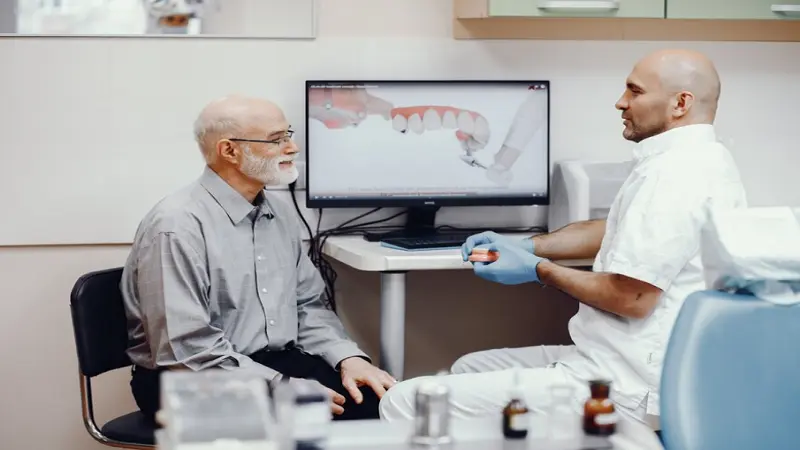In the realm of dental implants, success hinges on more than just the expertise of dental surgeons or the quality of the implants used. The unsung hero, often overlooked, is the stringent sanitation practices employed within clinics. A meticulously maintained environment is not just a regulatory mandate but a critical factor in ensuring the safety and efficacy of dental implant procedures at temecula dental implants and oral surgery clinics.
A Deep Dive into Sanitation Protocols
Sanitation protocols in dental implant clinics are not just a formality; they are a vital component in safeguarding both patient health and the success of implant procedures. Let’s explore the multi-layered approach that ensures the highest standards of cleanliness and safety.
Pre-Procedure Sterilization: Before any dental implant procedure, thorough sterilization of instruments and equipment is paramount. This involves using medical-grade sterilizers that adhere to stringent standards, ensuring every tool is free from microorganisms.
Operatory Hygiene: The operation room must adhere to hospital-level cleanliness. Surfaces, including dental chairs, are regularly disinfected. Single-use items such as gloves and masks are a must, emphasizing the ‘one patient, one set’ rule.
Air Quality Control: Advanced filtration systems are in place to maintain a contaminant-free air environment. This is crucial as dental procedures can generate aerosols, which need to be effectively managed to prevent airborne infections.
Waterline Management: Dental units’ waterlines are potential breeding grounds for bacteria. Regular testing and treatment of these lines are essential to prevent any contamination that could affect implant success.
The Impact of Sanitation on Implant Success Rates
Sanitation directly influences the outcome of dental implant surgeries, playing a pivotal role in reducing complications and enhancing overall success rates, as clarified at cleanervibe.com. This aspect of dental care is integral to achieving optimal patient outcomes and maintaining the clinic’s reputation for excellence.
- Infection Prevention: The primary objective of stringent sanitation is to prevent post-surgical infections, a significant risk factor in implant failure.
- Patient Confidence: A visibly clean and well-maintained clinic instills confidence in patients, assuring them of the safety and professionalism of the establishment.
- Regulatory Compliance: Adhering to sanitation protocols is not just about patient safety; it’s also about compliance with health regulations, which is crucial for the clinic’s operational legitimacy.
Training and Education: The Backbone of Effective Sanitation
Empowering staff through continuous training and education is essential to uphold and advance sanitation standards, ensuring that every team member is a proactive participant in maintaining a sterile environment.
- Continuous Staff Training: Regular training sessions for staff are crucial to keep them updated on the latest sanitation practices and protocols.
- Patient Education: Informing patients about the sanitation measures taken by the clinic enhances their understanding and appreciation of the efforts made to ensure their safety.
Embracing Technology in Sanitation
Modern dental clinics are increasingly incorporating technology in their sanitation protocols. From ultraviolet light sanitizers to robotic cleaners, technology is revolutionizing how cleanliness is maintained in dental settings.
The Economic Perspective: Sanitation as an Investment
While the costs associated with maintaining high sanitation standards can be significant, it should be viewed as a vital investment. The cost of dealing with infections or regulatory non-compliance can far outweigh the expenses incurred in maintaining a sterile environment.
The Linchpin of Dental Implant Clinics
In conclusion, the success of dental implant clinics is intricately tied to their sanitation standards. It’s a multifaceted approach that encompasses everything from sterilization protocols to patient education. As such, sanitation should not be viewed as a mere operational task but as the cornerstone of excellence in dental implantology.
